$629.00
Description
![]()

As a clinician, I find that unknown leaky gut syndrome and food sensitivities are at the root of many major health conditions. Most people will go through their entire life destroying their body by eating things that cause an inflammatory process throughout their body.
Food allergies and food sensitivities (or food intolerances) are two types of food sensitivities that can be very destructive to the body. Food allergies are a very severe immune reaction to a particular food that causes immediate reactions such as swelling, rash, itchiness and sometimes a life-threatening anaphylactic shock. Food intolerances cause more subtle health challenges that make someone feel uncomfortable without outward immune reactions.
Food intolerances can often lead to elevated levels of whole body inflammation that can cause fatigue, joint pain, brain fog, digestive disturbances, headaches and other unwanted symptoms. Many people go through their lives without ever understanding how food intolerances can lead to these health challenges. They never suspect that the food they are eating every day is silently killing them and their doctors never advise them to look at how they are responding to their diet.
The Food Sensitivity Spiral:
I recommend all of my clients and followers to begin on a completely gluten-free diet as gluten has been well-established to cause gut inflammation and set the stage for leaky gut syndrome. Once the gut is inflamed and bad microorganisms take the locus of control, the mucousal membrane gets worn down and the gut becomes permeable.
Gut permeability allows food particles to cross into the blood stream partially digested. This causes the immune system to react by creating specific anti-bodies to these undigested food particles. This results in food sensitivities and chronic inflammation in the body.
Then the Cycle Continues to Repeat until the Food Sensitivities are Removed and the Gut is Healed and the Protective Gut Mucosal Membrane is Sealed.
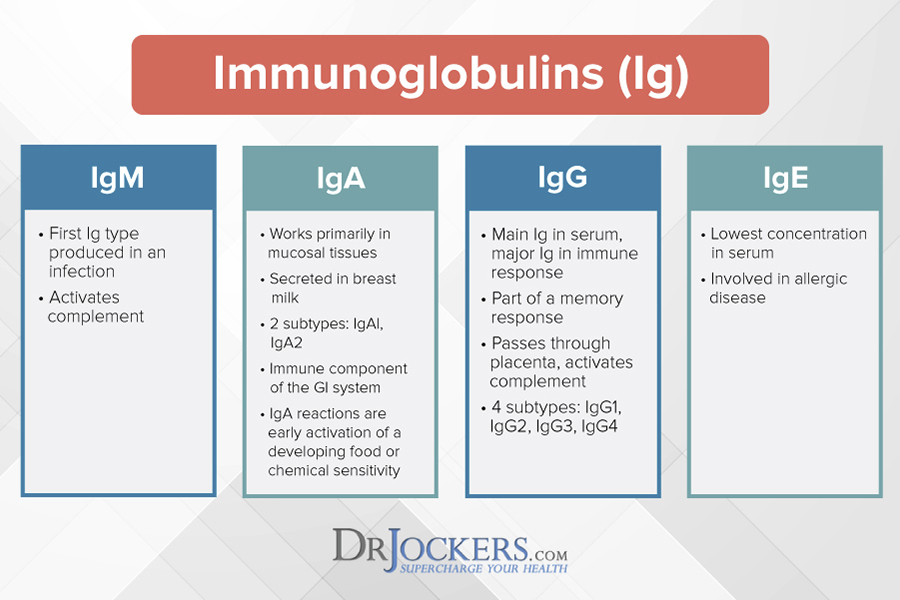
Major Immune Factors:
Think of these guys like the branches of the military. We have the Army, Navy, Marines, Coast Guard, etc. Within these branches we have additional arms such as the Navy Seals. The immune system is set up similar in that it has different branches and arms. The three major ones associated with food allergies and sensitivities are IgE, IgG and IgA.
IgE or immunoglobulin E allergies are immediate responses to a foreign substance that has entered the body. These foreign substances can come from food or breathing in different chemicals, pollen, dust, cat hair, etc. IgE allergies can cause very serious symptoms like difficulty breathing, swelling, and hives. In even more serious cases IgE reactions can lead to anaphylactic shock.
IgG or Immunoglobulin G are antibodies that provide long-term resistance to infections. They have a much longer half-life than the traditional IgE allergy. This is where food sensitivities come in because they are much more subtle and most people live with them for years, if not their entire lives.
IgA or Immunoglobulin A are antibodies that are part of our bodies natural immune defense within the mucosal membrane. These antibodies are in the saliva, digestive tract, sinuses, etc. When there is inflammatory activity in the gut (which is very common) there is quite often elevated IgA anti-bodies.
Those who understand mucosal immunology know that when the body is exposed to an antigen through the digestive tract, the body will produce IgA based antibodies first. This happens before IgG, IgE or IgM.
Some of the antibodies from the salivary glands are also secreted into the blood. So IgA can be detected first in saliva and then in blood. If the patient consumes more and more of the same antigen, an inflammatory reaction may occur in the gut, causing the tight junctions to open. Antigens flood into the submucosa; from there they migrate into the regional lymph nodes and then into the circulation. At this point the body will begin producing IgM or IgG antibodies against those food antigens.
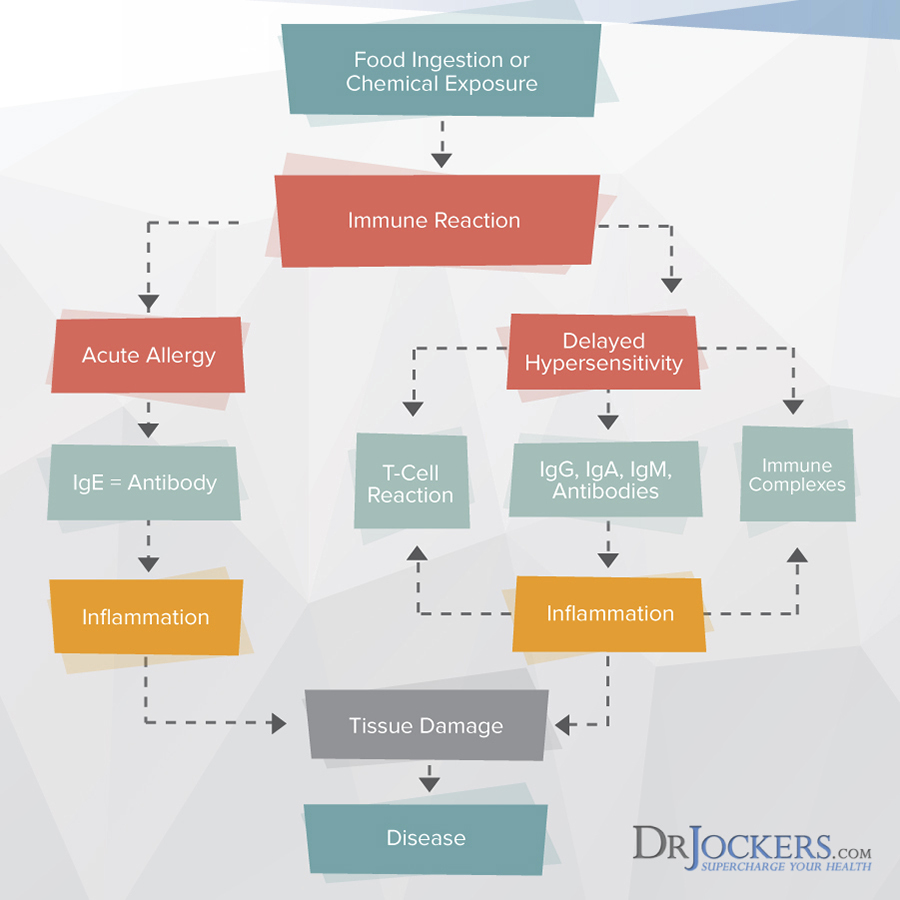
The Importance Of Food Sensitivity Testing:
Many individuals will go through their lives with leaky gut syndrome and chronic inflammation and never really understand what is causing it. They will eat foods that create massive inflammatory spirals that damage their brain tissue, joints, skin and organ systems. This leads to poor quality of life and a myriad of different health problems.
Food sensitivity testing allows us to identify the immune provoking agents and eliminate them from our diet. This reduces inflammation in the body and quiets down the hyperactive immune system. When this is combined with proper gut healing and immune modulating nutrition and supplement protocols the gut is able to heal and seal.
This is extremely important to improve quality of life and reduce the risk of chronic degenerative disease. Additionally, the individual notices improved energy, sleep, brain function, physical appearance and mood. They also have less pain, less acne/eczema, less fatigue and improved metabolism, lean body tissue development and fat loss.
Where Doctors Go Wrong:
Both classically trained medical allergists and functional medicine or integrative/alternative health doctors make many mistakes when looking at food allergies/sensitivities. While some of these techniques may have merit, I wanted my readers to have access to the most cutting-edge clinically verified test for food sensitivities.
Here are the problems with typical food sensitivity industry:

These doctors very rarely look for delayed sensitivity reactions which are common for IgA and IgG anti-bodies. These doctors are trained to do IgE anti-body tests which are associated with very severe immediate reactions such as anaphylaxis. Many of these doctors are not very aware of the importance of understanding delayed hypersensitivity IgG reactions and fail to screen or educate their patients on this phenomenon.

This test cultures the patient’s lymphocytes and sees how they react to up to 300 foods, minerals, preservatives and other environmental substances. This does not look at the IgG or IgA response which are what clinical literature has shown are the players involved in food sensitivity reactions.

ALCAT tests are not the clinically studied anti-body tests. They instead look at the white blood cell reaction to various substances. There is not adequate research verifying these techniques and many researchers do not believe that they are reliable and reproducible.

Many doctors have computer software, lasers and other non-traditional techniques such as muscle testing and applied kinesiology that are said to indicate food sensitivities. While there may be some merit to these tests, they again are not reliable anti-body tests.
We Can Trust This Test:
Duplicate Assays: These test are all performed in duplicate samples and so the probability of having an error occur is close to zero. When the samples correlate within plus or minus 20%, the results are reported. If the samples do not correlate, the assay is repeated with replicate samples until the correlation is made and then it is reported.
Utilizing Pure Antigens: For reproducibility purposes it is key that labs use absolutely pure antigens. Often times there are factors involved that lead to false positives or negatives. The Cyrex test only uses absolutely pure antigens to get the most accurate response.
Tests for IgG, IgM and IgA: The standard for delayed food sensitivity was looking at IgG levels. However, the combined IgA, IgM & IgG evaluation is potentially a more accurate blood test for food reactivity, with greater reproducibility.
Studies have shown that standard IgG testing does not have good reproducibility. Combing both IgA, IgM & IgG improves reproducibility.
*After much research, I have found that this test is the most reliable and trustworthy that I have found. I certainly value the results on other sensitivity testing, but I consider this the Gold Standard*
There are 10 different advanced technologies involved in this testing that also make it distinct and better than any other test out there.
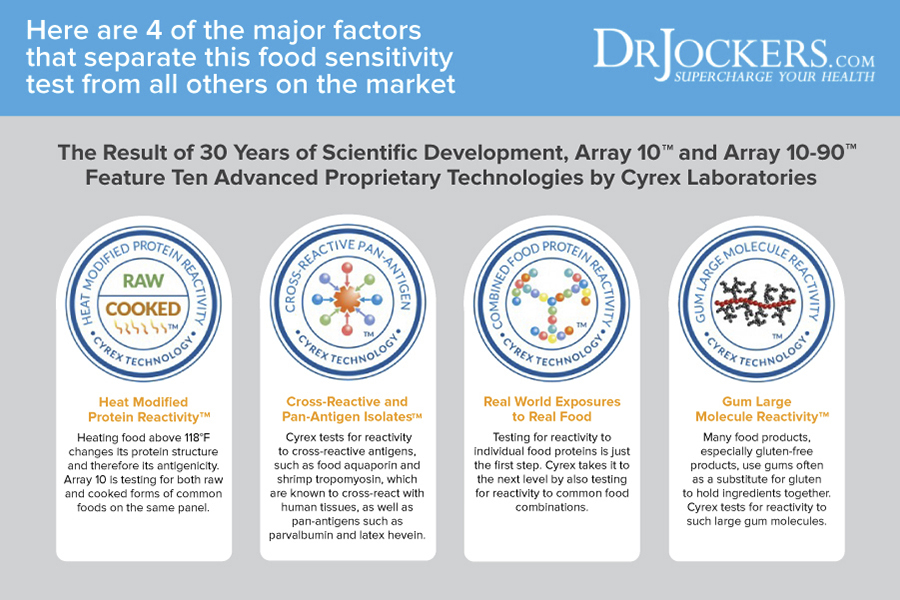
Benefits Of Getting This Test:
![]()
Reliable Understanding of What Foods You React Too
Customized Nutrition Plan and Supplement Program to Address Your Health Issues
Significantly Lower Cost than Many Other Food Sensitivity Tests
Total Cost: $629.00


Fortunately, because of the many thousands of newsletter readers and social media followers, my team has been able to network with a great lab distributor and get the best possible pricing for everyone.
The retail value (using market value and insurance based rates) is highly inflated and driving up the cost of health care. This is the old, archaic method that many people are still using and paying way more for insurance and co-pays than they really should be.
Many intelligent people are saving insurance premium dollars and turning to pay by order labs such as DirectLabs and others. These skip the middle man (doctors’ visits) and cut down costs for the patient.

My team has been able to beat all of these other methods when it comes to providing the best educational descriptions behind the tests and superior savings. By using DrJockers.com as your source you will save time and money and know exactly the right tests for you so you can get well quicker with less cost.
Additionally, when you order special labs from DrJockers.com you will receive a free email with a summary of your results and lifestyle and supplement recommendations from Dr Jockers himself or a well-qualified team member.

If the test requires blood work you can take your kit to any local lab and have the trained professional take your blood and fill out the kit and send it in the mail.
Urine and blood prick tests can all be done in the comfort of your home and sent into the lab with the mailing slip in your kit. All instructions will be sent to you with the kit. It is a very simple process that most anyone can figure out. The lab also has a customer service phone # if any help is needed.



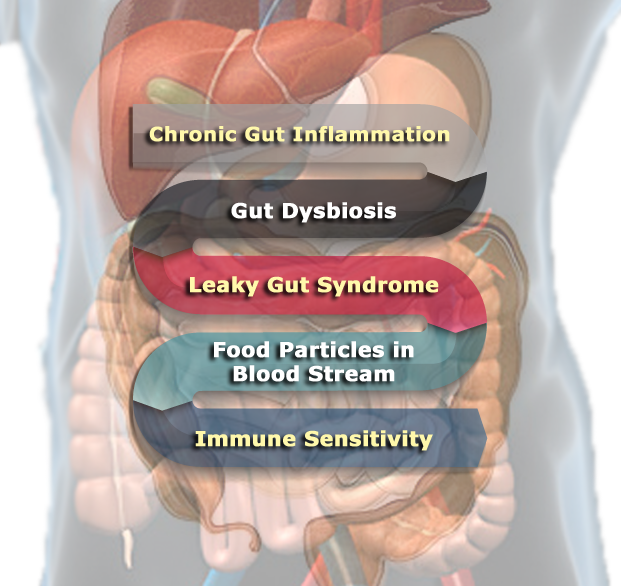

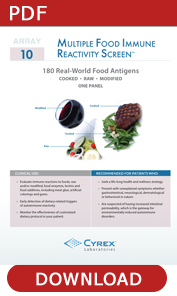


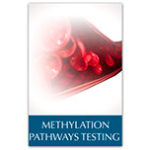





Comments